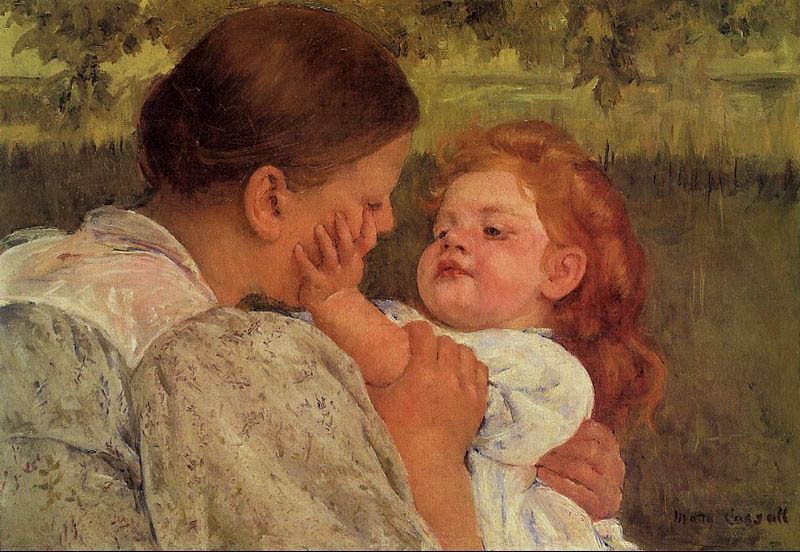Laura Kasischke, “I am the coward who did not pick up the phone”
After an argument — over the phone, at dinner — with my youngest daughter (I am supposed to be on a getaway with my husband), I spent a sleepless night. This morning when writing in my journal didn’t resolve all my angst, I went on-line and looked up articles on how to fight fair with teenage daughters. Don’t try to oppose her growing up and finding her own identity. Don’t sweat the small stuff (hair, clothes). Be awake to the big stuff (drugs, alcohol, sex). Look for the win-win. Be responsible. Expect responsibility. Expect that your daughter will want to be with her friends rather than you; spend time with her anyway.
Then I looked for “I am” poems, and I found this. Somehow, it made me see some possibilities I hadn’t before. When I looked up the poet, Laura Kasischke, at the Poetry Foundation, I found this commentary:
“Kasischke’s poetry is noted for its intelligent, honest portrayal of domestic and familial life; its explosively accurate imagery and dense soundscapes; and its idiosyncratic use of narrative. According to Stephen Burt in the New York Times: ‘No poet has tried so hard to cut through suburban American illusion while respecting the lives, young and old, that it nurtures or saves. No poet has joined the chasm of ontological despair to the pathos of household frustration so well as Kasischke at her best.’”
The chasm of ontological despair IN household frustration!
Now that you’ve drafted (yesterday?) a list of I am lines, maybe this will give you an idea of where to go next.
I am the coward who did not pick up the phone
I am the coward who did not pick up the phone, so as never to know.
So many clocks and yardsticks dumped into an ocean.
I am the ox which drew the cart full of urgent messages straight into
the river, emerging none the wiser on the opposite side, never looking
back at all those floating envelopes and postcards, the wet ashes of
some loved one’s screams.
How was I to know?
I am the warrior who killed a sparrow with a cannon. I am the
guardian who led the child by the hand into the cloud, and emerged
holding only an empty glove. Oh —
the digital ringing of it. The string of a kite of it, which I let go of.
Oh, the commotion in the attic of it — in the front yard, in the back yard,
in the driveway — all of which I heard nothing of, because I am the
one who closed the windows and said, This has nothing to with us.
In fact, I am the one singing this so loudly I cannot hear you even now.
(Mama, what’s happening outside? Honey, is that the phone?)
I am the one who sings, The bones and shells of us.
The organic broth of us.
The zen gong of us.
Oblivious, oblivious, oblivious.




 Elizabeth Bishop
Elizabeth Bishop I awakened late to the work of the Swedish poet
I awakened late to the work of the Swedish poet